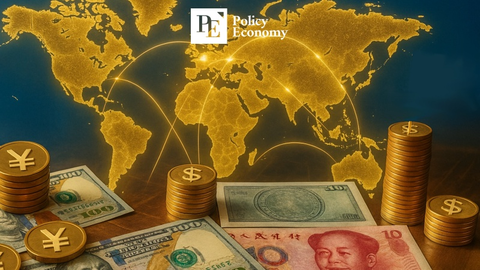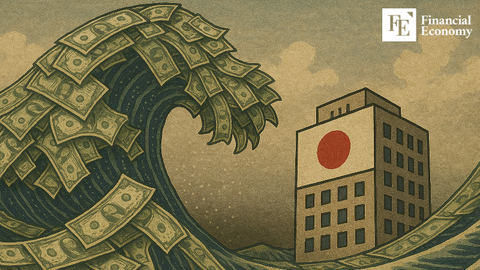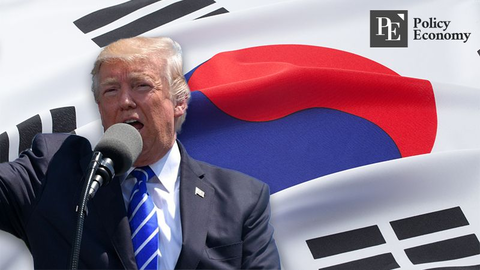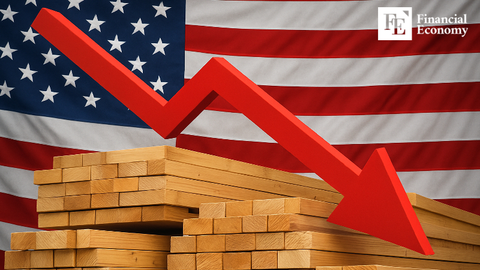U.S. National Security Council Recommends Nippon Steel's Acquisition of U.S. Steel — Awaiting Final Decision by President Trump
Input
Changed
Trump Reviewing CFIUS Report Nippon Steel Proposes Investment Plan Matching Acquisition Amount Strategy Aligns with Trump’s 'Domestic Investment' Policy Direction
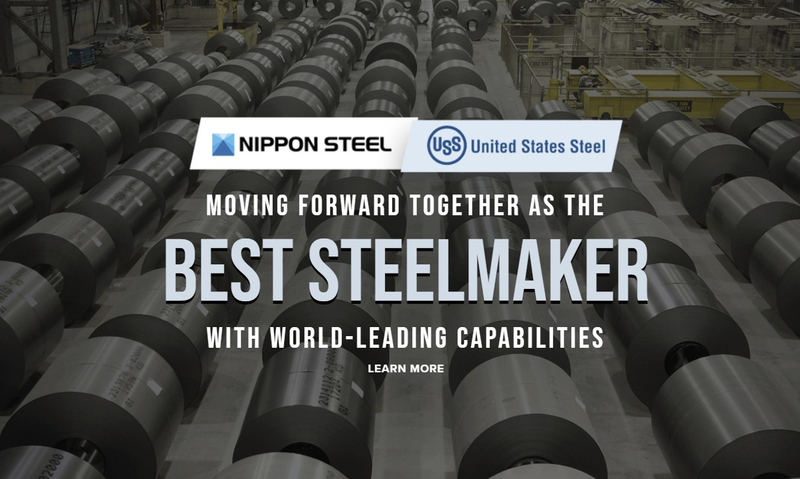
The long-standing bid by Japan’s Nippon Steel to acquire U.S. Steel, a company deeply rooted in American industrial identity, has entered its decisive phase. Once rejected by the Biden administration due to national security concerns, the deal is now back in play under the Trump administration, which appears more open to alternative terms. With a massive USD 14 billion investment proposal on the table, Nippon Steel is making a final and unprecedented push to sway President Trump. The outcome of this high-stakes corporate and diplomatic engagement is expected to be finalized by early June, and the ramifications could significantly shape the future of U.S.-Japan economic cooperation and American industrial policy.
CFIUS Clears a Conditional Path for the Deal
The Committee on Foreign Investment in the United States (CFIUS), the national security body operating under the U.S. Treasury Department, concluded its re-evaluation of the proposed acquisition on May 21. The re-assessment followed an executive order issued by President Trump on April 7, which overrode the earlier decision by President Biden to block the deal. While CFIUS did not reach a fully unanimous conclusion, a majority of its members determined that the national security risks posed by the acquisition could be adequately mitigated under certain conditions.
This judgment is critical. CFIUS holds the authority to scrutinize foreign investments and mergers involving U.S. companies to determine their impact on national security. If any transaction is deemed to present unacceptable risks, CFIUS can recommend that the president prohibit it. The committee’s reassessment is therefore a pivotal procedural step, and its conclusion—while confidential—signals a softening of opposition at the federal level.
The Biden administration had previously denied the acquisition in January, just before Trump’s inauguration, citing the potential for security threats if a foreign entity controlled key infrastructure and industrial resources. This move was widely interpreted by analysts as being influenced not only by strategic concerns but also by political calculus. Supporting domestic labor unions that opposed the acquisition and emphasizing job protection served to reinforce Biden’s domestic agenda. Despite efforts by Nippon Steel to offer concessions—including a proposal to guarantee a ten-year veto right on any reduction in U.S. production capacity—the company failed to obtain approval under Biden.
Now, with the Trump administration’s new review in motion, the final decision rests with the president himself, who must announce his verdict by June 5. For Nippon Steel, this marks the final chapter in a year-long negotiation marked by shifting political winds and rising strategic stakes.
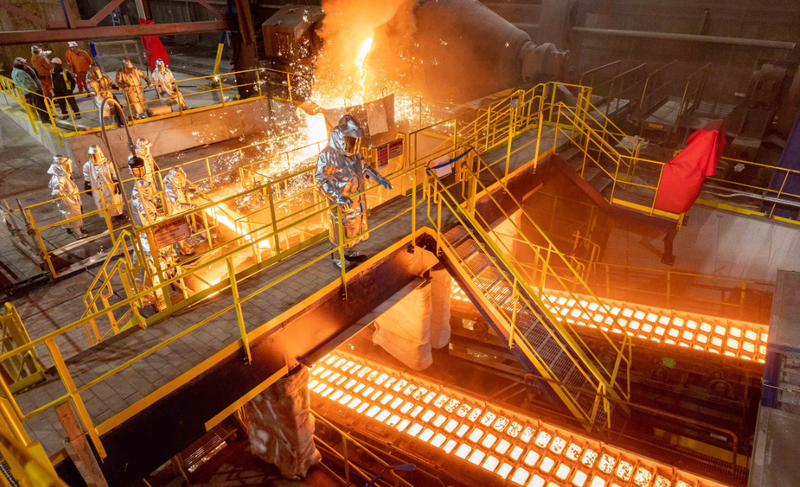
Trump Signals Openness to Investment-Oriented Deal
Initially, President Trump too had voiced opposition to the idea of selling U.S. Steel—an enduring emblem of American industrial might—to a foreign company. His skepticism echoed concerns about relinquishing domestic manufacturing power to external actors, particularly at a time when "America First" industrial and trade policies continue to define his administration’s agenda.
However, a turning point came during a summit in February with Japanese Prime Minister Shigeru Ishiba. In that meeting, Trump indicated a potential openness to reconsidering the deal if it could be framed not as a conventional foreign acquisition, but rather as a long-term investment. That nuance—shifting from the language of takeover to that of partnership—opened a possible path forward. Following up with a phone conversation in April, Ishiba and Trump revisited the topic, after which Trump formally instructed CFIUS to conduct a new review.
The shift in tone from the White House has not gone unnoticed. Many observers speculate that Trump’s willingness to consider a restructured deal could pave the way for an outcome starkly different from Biden’s hardline stance. With this change, Nippon Steel saw a critical opportunity to reframe its bid—and responded with a dramatically expanded proposal to meet Trump’s expectations for investment-based industrial development.
Nippon Steel’s USD 14 Billion Gamble to Win U.S. Approval
In a bold and strategic escalation, Nippon Steel unveiled a USD 14 billion investment plan, ten times greater than its original offer. This move represents the company’s ultimate gamble to secure President Trump’s approval and reflects a comprehensive approach to aligning with U.S. economic and security interests.
Originally, the company had proposed a USD 1.4 billion investment alongside the USD 14.9 billion acquisition of all U.S. Steel shares, a bid that dwarfed the USD 7.2 billion offer made by American competitor Cleveland-Cliffs. However, in response to the evolving political climate, Nippon Steel first increased its investment pledge to USD 2.7 billion, and ultimately to USD 14 billion, showcasing remarkable flexibility and commitment.
The newly proposed plan includes the construction of a new steel plant in the U.S., with an initial investment of USD 1 billion. This will be followed by an additional USD 3 billion in a few years and another USD 11 billion by 2028, aimed at modernizing and expanding U.S. Steel’s infrastructure. The company also reaffirmed its commitment to retaining U.S. Steel’s headquarters in Pennsylvania, a politically significant gesture that likely holds sway with the Trump administration.
Nippon Steel’s strategy directly addresses the growing demand for steel in the U.S., particularly following the enactment of bipartisan infrastructure legislation. By promising to contribute significantly to domestic production, the company is attempting to align its interests with those of U.S. industrial policy, while easing concerns over foreign control.
Legal experts have endorsed the deal’s revised framework. Nick Klein, a partner at law firm DLA Piper, told Reuters that expanding U.S.-based steel production is essential for national security and predicted that the Trump administration would recognize the strategic value of the investment and approve the deal.
However, the stakes remain high. Should the acquisition fall through, Nippon Steel would be forced to pay a breakup fee of USD 565 million to U.S. Steel. In addition, Japanese steel products would continue to face a 25% tariff when entering the American market, adding further financial pressure to the company. Given these risks, Nippon Steel’s bet is not merely about corporate expansion but about preserving its competitive position in one of the world’s most important industrial markets.


